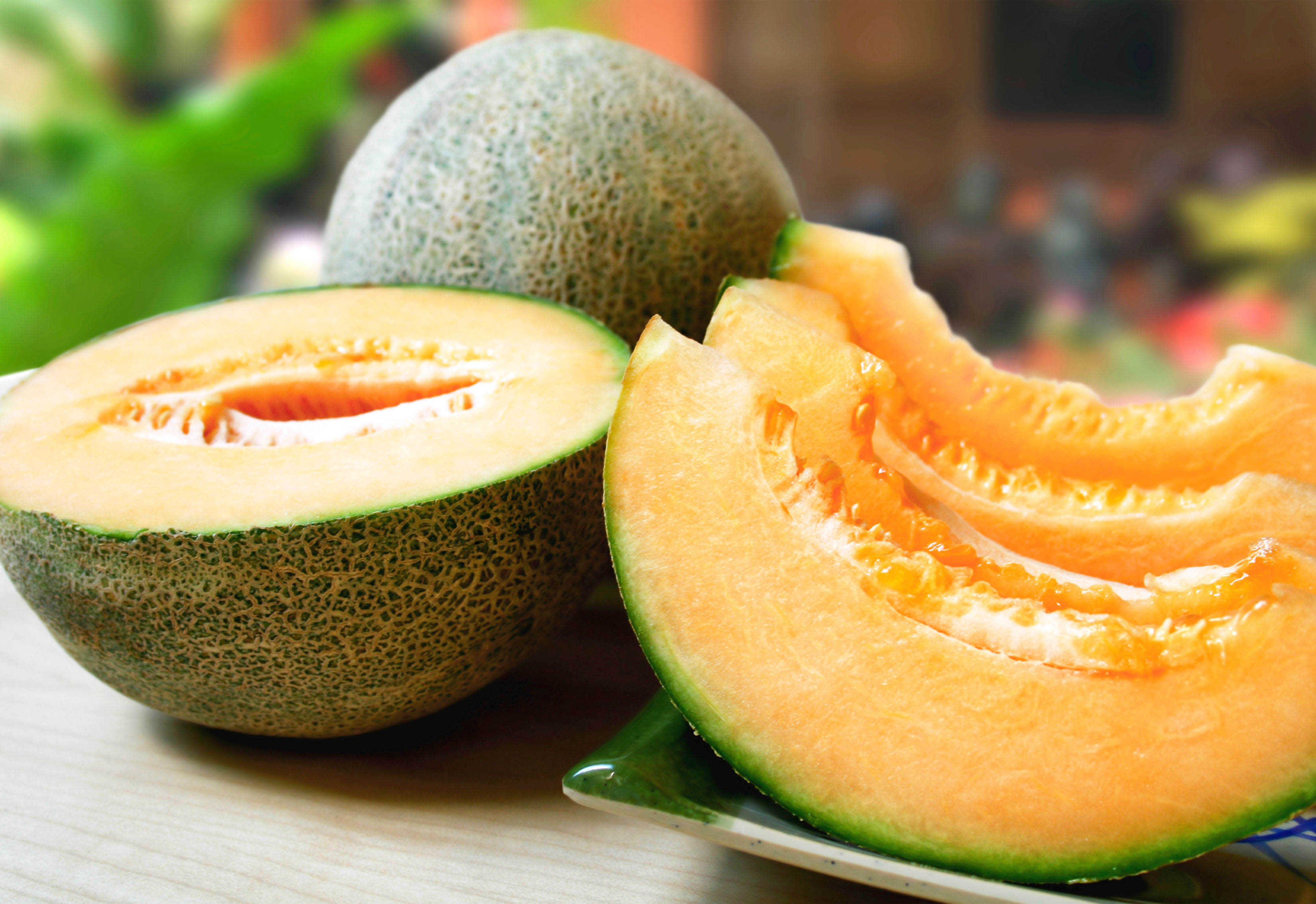
Complementary ways to protect yourself from sickness in these cold winter months
By: Hannah Shevitz, Contributing Columnist
Featured image courtesy of greatlist.com
December is here, and the knit hats and scarves are beginning to make their appearance around campus. Along with the smell of burning fire wood and cranberry candles comes the unfortunate common cold and flu season. Hopefully you’ve made that quick stop at The Health Center at Ward and West or a nearby pharmacy for your flu shot, but either way, there are several ways that you can protect yourself from sickness this coming winter.
According to the National Institutes of Health (NIH), Americans get millions of colds every year and 5-20 percent of us get the flu. Getting vaccinated is the best way to fend off the flu. To avoid getting a cold, the Centers for Disease Control and Prevention (CDC) recommend avoiding close contact with those that have a cold or the flu, washing your hands frequently throughout the day for at least 20 seconds at a time, and not touching your nose, eyes or mouth, especially if you have not washed your hands before doing so.
There are also complementary and nutritional approaches to help your body resist cold and flu viruses. Of these are herbal supplements and nutrients such as: vitamin A, vitamin C, zinc and echinacea.
Vitamin A is a fat-soluble vitamin that helps with immunity, vision, reproduction and the functioning of organs. Vitamins cannot keep germs away, but they can increase the effectiveness of your immune response in the presence of foreign invaders. You can get vitamin A from a variety of foods. The best sources are fish oils and beef liver, then milk and milk products and eggs. Beta-carotene, which helps form Vitamin A in your body and functions as an antioxidant, is found in deep orange fruits and vegetables including carrots, sweet potatoes, cantaloupe and apricots. It is also found in green leafy vegetables like spinach and broccoli.
Vitamin C is also found in foods but unlike vitamin A, is water soluble. It’s an antioxidant and protects the cells in your body from damage caused by exposure to cigarette smoke, pollution or ultraviolet lights. It helps with absorbing iron, the healing process of cuts, and the immune response. Foods you can find vitamin C in are citrus fruits, other fruits like strawberries or cantaloupe, and vegetables including red and green peppers. Research has shown that vitamin C supplements may help cut down on the time you have to deal with coughing and sniffles, but only before you actually get a cold.
Zinc is a mineral found in cells throughout your body and is helpful in fighting off bacteria and viruses. It can be found in many different foods. If you like oysters, then visit your nearest grocery store because this shellfish has more zinc than any other food. However, if these buddies aren’t your go-to meal, then there are many other options that will still provide you with a decent amount of zinc. These foods are: meat, poultry, crabs, lobsters, beans, nuts, whole grains, fortified breakfast cereals and dairy products.
Echinacea is a plant used by consumers as a dietary supplement to increase the response of the immune system in the case of a cold. In North America, there are nine different species of this plant. Echinacea is available as tea, pills and juice. Research has shown that echinacea may be slightly helpful if taken before sickness arrives, so if you already have those sniffles, then taking a different route back to health is your best option.
So, the easiest way to keep your immune system in tip top shape is to eat a variety of healthy foods. Fill half your plate with different colored fruits and vegetables. Choose lean meats, nuts, seeds, eggs, low fat dairy products and a variety of whole grains. This will help keep you happy and healthy during these cold winter months. Be well and have a healthy holiday season!

